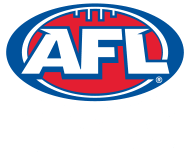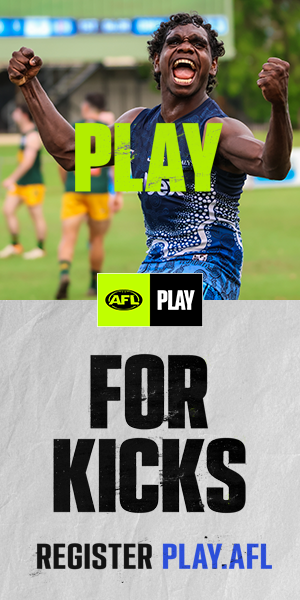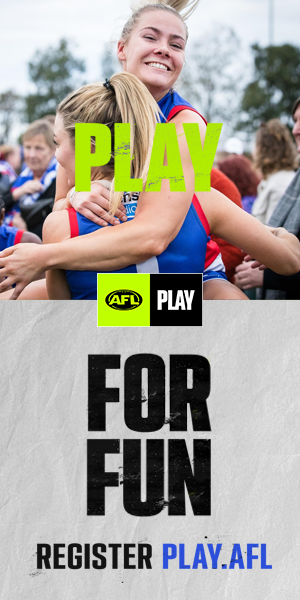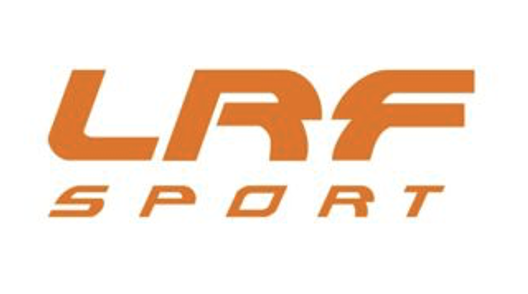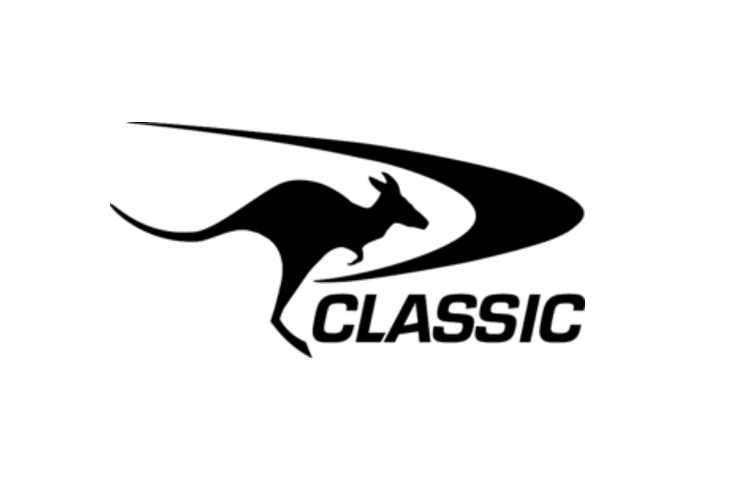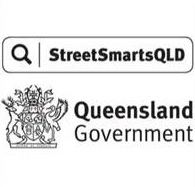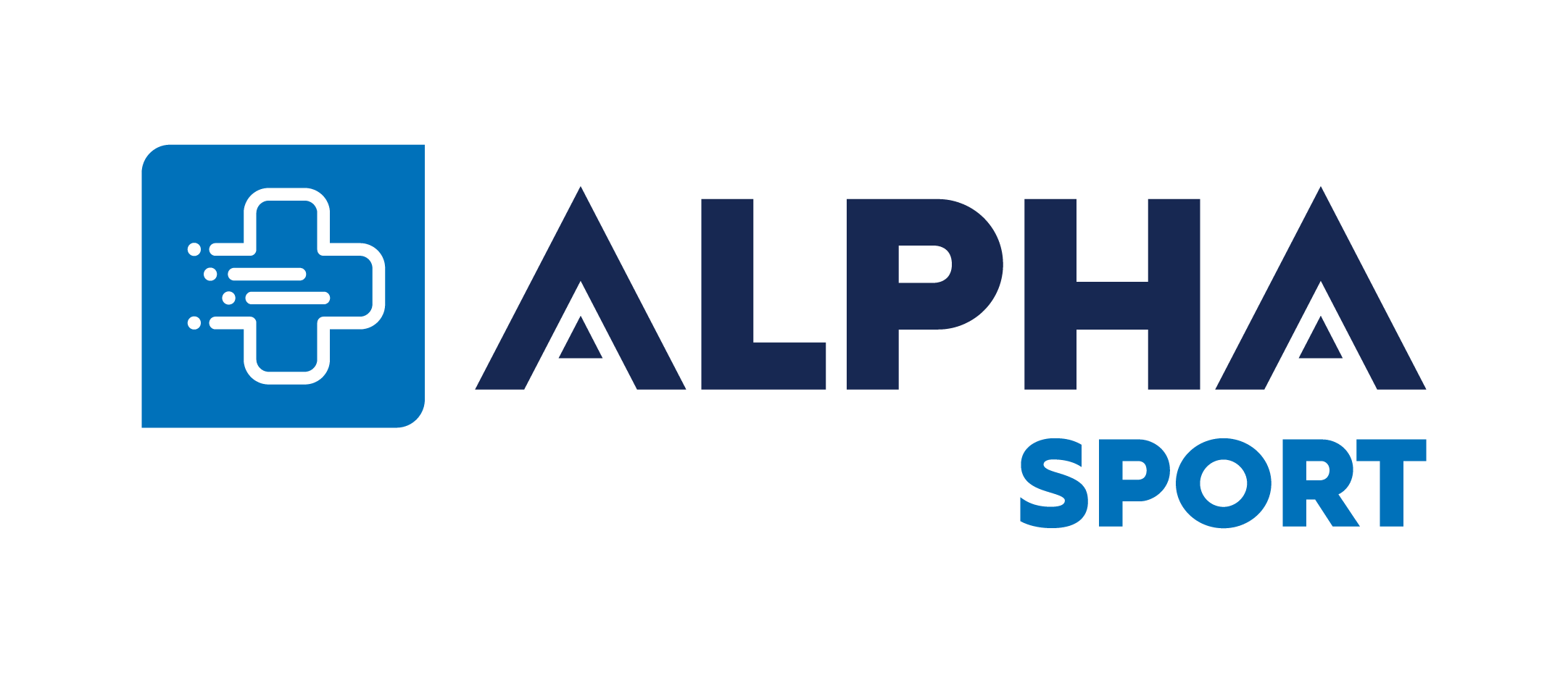David Hale walked off the MCG on 3 October 2015 a triple premiership player. A flag in each of his last three years. After 13 years and 237 games in the AFL with North Melbourne and Hawthorn it was the perfect ending – an exit enjoyed by just five players in history.
He shared his last game with retiring Hawthorn ‘three-peater’ Brian Lake after Brisbane’s Marcus Ashcroft enjoyed a similar fairytale send-off in 2003. Melbourne’s Syd Anderson did likewise in 1941 before he was killed serving in Papua New Guinea in World War Two, and Carlton’s Les Beck, who launched the ‘perfect exit’ club in 1908 before he was twice shot fighting in World War One but survived.
But it wasn’t the end of the road for the 201cm ruck/forward. Planning to coach at St. Bernard’s College, Essendon, and finish a secondary school teaching degree he’d started in 2002, he changed his path two days after the grand final when he met Fremantle coach Ross Lyon. A month later he started a coaching career that is now 10 years old.
Born in Hobart but a Queenslander before his first birthday, Hale was always going to be a sportsman. His father Ted was a 1976 Montreal Olympic rower and Australian skulls champion seven years in a row from 1976-82, and his mother Yvonne (nee Henskens) is a WA Netball Hall of Famer and was one of very few to represent Australia at Open international level in basketball and netball.
After his father was appointed director of coaching at Tweed Heads Rowing Club, the family lived near Coolangatta Football Club, where he played from age of six through to Under 18s. He was the typical youngster – three games a weekend, Under 8s-10s-12s and then Under 10s-12s-14s. One year he played an U16 grand final and an hour later an U18 grand final. He played about 320 games for the Blues – and he finished at 17 after graduating from Marymount College.
A Queensland representative at U16 and U18 level, David moved to Broadbeach at 17 as part of the draft pathway, and in his first game, playing under John Northey after he’d finished his 315-game AFL coaching career, and weighing all of 78kg, he stood against Grogan Medallist and recently retired Brisbane Lions defender Danny Dickfos.
Undaunted, he was selected in a 2000 AIS/AFL Academy squad which included Luke Hodge, Luke Ball, Nick Dal Santo and Mathew Stokes, plus fellow Queenslander Joel Macdonald, and was chosen at #7 in the 2001 “Super Draft” after Hodge, Ball and Chris Judd went at #1-2-3.
It was an extraordinary talent pool – 22 players who played 200+ games, 300-gamers Hodge, Dal Santo, Sam Mitchell, Gary Ablett Jnr, Jimmy Bartel and James Kelly, Brownlow Medallists Judd, Ablett Bartel, Mitchell and Dane Swan, and 21 premiership players who won a combined 38 flags.
For three-time premiership-winner Hale it was like a massive reunion in advance, with teammates Hodge (4), Mitchell (4) and Brian Lake (3) among the uber-elite with Geelong’s Bartel (3), Steve Johnson (3) and James Kelly (3).
At North he played 129 games and five finals from 2003-10 and kicked a career-best eight goals against Geelong at Geelong. When North played three ‘home’ games at Carrara in 2008 there was speculation the club would become the Gold Coast Kangaroos. “The belief among the players was that it was a done deal – we were moving,” he recalled, having even been recruited to write an AFL column in the ‘Gold Coast Bulletin’ to help foster interest.
He remains undecided whether the North decision to reject the $100million AFL relocation package and stay in Melbourne was right or wrong, but at the end of 2010 he moved on in what proved to be a decision worth just about as much to him.
Having injured his back mid-season he resumed with North Ballarat, the Kangaroos’ VFL side, and played in a VFL preliminary final against Box Hill, the Hawthorn VFL club. His former North captain Adam Simpson was by then an assistant coach at the Hawks, and after approaches from the Gold Coast ahead of their first season in the AFL, plus Melbourne, Essendon and Hawthorn, he chose a fresh start at the Hawks.
“It just seemed like the right fit. The AFL were just bringing in the sub rule, and ‘Clarko’ (coach Alastair Clarkson) was keen on playing two rucks – one who could play as a genuine forward. I hadn’t played a lot in the ruck at North so that was me. From the minute I walked in the door I knew I was in the right spot. Whereas at North we always believed we could win, at Hawthorn they just expected to win. It was an incredible group and an incredible time.”
In 108 games with Hawthorn from 2011-15 he enjoyed an astonishing 86-22-win rate – 12-4 in finals. After a three-point preliminary final loss to Collingwood in 2011 and a 10-point grand final loss to Sydney in 2012, he struck gold with consecutive grand final wins in 2013-14-15 over Fremantle, Sydney and West Coast by 15 points, 63 points and 46 points respectively.
Among Queenslanders, only Jason Dunstall, a four-time premiership player at Hawthorn, has won more flags. He sits comfortably beside the Brisbane triple premiership group of Michael Voss, Jason Akermanis, Marcus Ashcroft, Clark Keating and Mal Michael, while his 21 career finals are equal with Dunstall, ahead of Ashcroft and Voss (17) and Nick Riewoldt (16), and behind only Akermanis (28).
He was an assistant coach at Fremantle under Lyon (2016-19), was caretaker coach in the last game of 2019 against Port Adelaide after Lyon had been sacked and stayed on for two years (2020-21) under Justin Longmuir. In 2022 he was reunited with Sam Mitchell at Hawthorn.
“I enjoyed being the top man (senior coach) at Freo even though it only lasted six days. Getting to prepare the team and do the match day stuff was a terrific experience. But there are only 18 jobs and I’m just happy still to be involved. I love it, helping young guys get better and live their dream.”
Entrenched in Melbourne with wife Teresa, daughters Mia (13) and Asha (11), and son Luke (9), he finished his teaching degree in 2018 – “or maybe it was 2019” – and has never spent a full day in the classroom as a teacher in his life. But he’s an AFLQ Hall of Famer.
